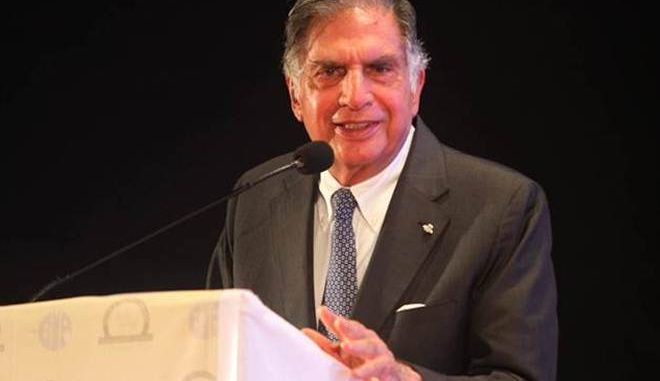

Avanti Finance, the microloan-focused NBFC promoted by Ratan Tata and Nandan Nilekani from their personal philanthropic funds, is looking to raise USD 30-40 million (up to about Rs 285 crore) in fresh equity from impact investors and domestic financial institutions to fuel growth.
The Tata Group patriarch and IT maverick invested Rs 50 crore each, two years ago into the Bengaluru-headquartered company to part help a “population-scale problem with a population-size solution”, said Avanti Finance Chief Executive Rahul Gupta, who spent over two decades with GE Capital before taking up this job.
Avanti Finance is a financial inclusion platform built on an open-access digital model to create and deploy financial products in a touchless, presence-less and cashless interface to reach out to the unserved, under-served and the excluded at a hyperlocal level.
“We are looking at raising USD 30-40 million in growth capital by March-April 2020. New equity capital will be raised through diluting the promoters’ stake. Being an impact-focused entity, we are looking at onboarding impact investors and domestic financial investors,” Gupta told PTI.
In less than 18 months of operations, Avanti Finance has reached out to over 20,000 needy people and hopes to take this to over 2 lakh by 2022, Gupta said, adding that so far it has lent Rs 80 crore loans through its balance sheet.
However, the company plans to do more off-balance sheet lending going forward through loan co-origination with banks and cooperatives to reach out to more people to achieve its target of serving at least 2 lakh customers by 2022.
“We are planning an on-balance sheet loan book of Rs 1,000 crore and an off-balance sheet loan book of at least Rs 3,000 crore by 2022,” Gupta said.
He also informed that both Tata and Nilekani have been returning every penny earned from operations to the company.
Avanti Finance is present in 25 districts across seven states (Bihar, Jharkhand, Karnataka, Maharashtra, MP, TN and UP) and operates through commercial and non-profit partners to meet the founders’ objectives of helping the needy in the most cost-effective manner. It prices loans at 18-22 per cent, which is at least 300 bps cheaper than the MFI (micro finance institutions) industry average.
[“source=financialexpress”]
